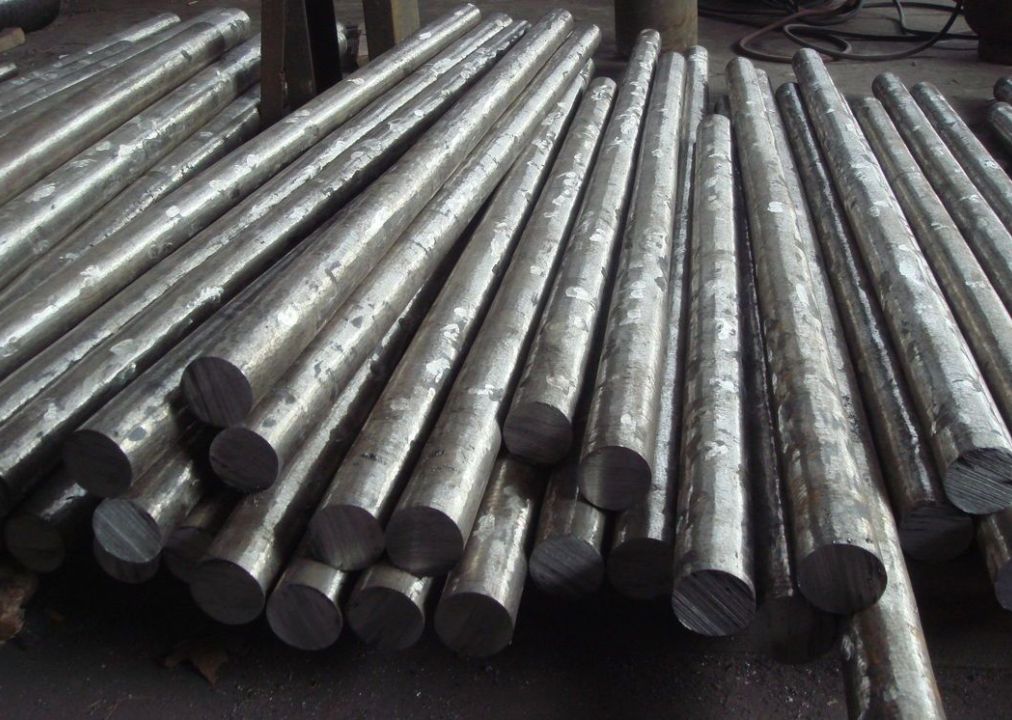Views: 0 Author: Rachel Wynn Publish Time: 2025-06-20 Origin: Site











Dengwei International Trade is a global supplier of high-quality alloy and carbon steels, offering products such as 4140 steel bars, plates, and customized heat-treated components to customers worldwide. In addition to providing competitive pricing and reliable logistics, we also share technical insights to help buyers choose the right material for their projects. In this article, we explain how tempering temperature affects the strength of 4140 steel, combining our industry expertise with practical knowledge for manufacturers, engineers, and procurement managers.
4140 is a chromium-molybdenum alloy steel with excellent fatigue strength, impact resistance, and moderate corrosion resistance. It is typically supplied in annealed or pre-hardened conditions and is often further treated via quenching and tempering. Its nominal composition includes:
Carbon (C): 0.38–0.43%
Chromium (Cr): 0.80–1.10%
Molybdenum (Mo): 0.15–0.25%
Manganese (Mn): 0.75–1.00%
Common applications include gears, crankshafts, heavy-duty shafts, tool holders, and structural components subject to dynamic loads.
After quenching, 4140 steel achieves high hardness but becomes brittle and susceptible to cracking under stress. Tempering is a controlled heat treatment process that reduces brittleness while tailoring mechanical properties to the application. The tempering temperature determines the extent of softening and redistribution of internal stresses, directly affecting hardness, strength, and toughness.

The table below presents typical mechanical properties of 4140 steel quenched and tempered at various temperatures. All samples are oil-quenched from 1600°F (870°C) prior to tempering.
| Tempering Temp (°F / °C) | Hardness (HRC) | Tensile Strength (MPa) | Yield Strength (MPa) | Impact Toughness (Charpy J) |
|---|---|---|---|---|
| 400°F / 204°C | 52 | 1650 | 1400 | 18–22 |
| 600°F / 316°C | 48 | 1500 | 1250 | 25–30 |
| 800°F / 427°C | 42 | 1350 | 1100 | 40–50 |
| 1000°F / 538°C | 35 | 1200 | 950 | 60–70 |
| 1200°F / 649°C | 28 | 1000 | 800 | 75–85 |
As seen, increasing tempering temperature decreases hardness and strength while significantly improving ductility and impact resistance. This trade-off must be considered based on the application's mechanical demands.
Low Tempering (400–500°F): Maximum hardness and tensile strength; suitable for wear-resistant parts but prone to brittleness.
Medium Tempering (600–800°F): Balanced properties; widely used in gears, shafts, and mechanical linkages.
High Tempering (1000°F+): Enhanced toughness and fatigue resistance; recommended for impact-prone components.
Double Tempering: Often applied to large sections or precision parts to improve dimensional stability and reduce retained austenite.
Tempering Embrittlement: Avoid tempering in the range of 500–650°F for long durations to prevent loss of toughness due to phosphorus or antimony segregation.

The optimal tempering temperature depends on the desired mechanical performance. For high strength, temper at 400–500°F. For balanced toughness and strength, 600–800°F is preferred. For maximum ductility and shock resistance, temper above 1000°F.
No. Quenched 4140 steel without tempering is extremely brittle and likely to crack under stress. Tempering is essential to relieve internal stress and adjust hardness for safe and reliable performance.
Not necessarily. Higher temperatures improve toughness but reduce hardness and strength. Selection should be based on the specific mechanical and service requirements of the part.
Tempering at 1200°F significantly enhances ductility and impact strength while reducing hardness to levels suitable for dynamic and impact-prone applications like drive shafts and heavy equipment pins.
Selecting the right tempering temperature for 4140 steel is a key decision in achieving optimal mechanical performance and service life. This decision must balance strength, ductility, hardness, and impact resistance based on operational requirements. By understanding how 4140 steel responds to various tempering temperatures, engineers and metallurgists can make data-driven choices in design, fabrication, and maintenance.Dengwei International Trade supplies high-quality 4140 steel for global buyers. Whether you need steel for machinery, automotive, or construction, we provide competitive pricing, quality assurance, and fast delivery worldwide. Contact us for a quote today.






